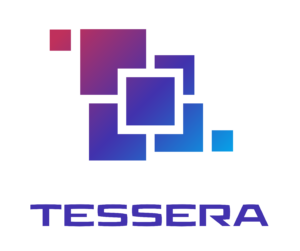Data Spaces and Data Sovereignty are two deeply interconnected concepts at the core of the EU’s digital strategy. The EU’s primary objective with Data Spaces is to enable a single data market while simultaneously reinforcing Data Sovereignty for its citizens, businesses and institutions across multiple domains whereas data spaces are being developed across several domains (health, finance, agriculture, etc.), as identified by the EU.
As the TESSERA project highlights, Data Spaces are designed to address a core security concern: keeping Europe’s data within its borders and under its control.
In this regard, Data Sovereignty is a defining factor of the Data Spaces framework. The overarching objective is to retain control over data within the system. This control can be achieved only with the Data Spaces framework since currently it is one of the few architectures that provide the means to set up a governance body that will ensure an agreement on the data usage and all its properties. Furthermore, by establishing clear governance for data sharing is a goal of EU policies like the Data Governance Act (DGA).
The decentralized nature of a Data Space is a key differentiator from other data-sharing solutions. It places decisions about data access, usage, and exploitation directly in the hands of the participants. In this sense, the Security-by-Design approach to any Data Space provides a robust security and governance framework from the ground up, including strong authentication, access controls, and encryption.
Hence, the three main aspects of a Data Space are:
- No Centralized Storage: In a data space, the data remains with the data provider or owner and is not aggregated into a single repository. This ensures that the data is subject to the laws and regulations of the Member State where it is stored.
- Access Control and Usage Policies: Data Spaces are built with a robust governance framework that allows data owners to set and enforce specific policies on how their data can be used. This means an organization can specify that its data can only be used for a specific purpose, for a limited time, or by a specific entity.
- Legal Compliance and Trust: The EU’s Data Act (2023) (Regulation (EU) 2023/2854) establishes a legal framework for European data spaces by clarifying the rights and obligations of all participants in relation to access, sharing, use, and interoperability of data. This legal certainty, combined with a transparent governance model, builds trust and encourages data sharing without forcing data owners to relinquish control.
It is reasonable to assume that Data Spaces operationalize the concept of Data Sovereignty by providing the technical infrastructure and legal rules necessary to foster the development of cooperative data sharing environments across multiple actors, institutions, businesses and citizens.
Projects like TESSERA are putting these principles into practice, bringing Europe one step closer to a truly sovereign and secure data ecosystem.

